Showing 1-15 of 30 results

The Fundamentals
On today’s The Fundamentals is Dr. Brummett, Professor at the University of Michigan where he serves as the Senior Associate Chair for Research in the Department of Anesthesiology. He has more than 280 publications, including articles in top journals such as JAMA, JAMA Surgery, Anesthesiology, and Annals of Surgery. He is the Co-Director of the Opioid Prescribing Engagement Network or OPEN at the University of Michigan, which aims to apply a preventative approach to the opioid epidemic in the US through appropriate prescribing after surgery, dentistry and emergency medicine. Moreover, he is the Co-Director of the cross-campus Opioid Research Institute, which was launched in the spring of 2023. He leads multiple NIH grants studying these concepts and receives funding from the Michigan Department of Health and Human Services, SAMHSA, CDC, and multiple foundations.
You can learn more about Dr. Brummett here, and you can follow Dr. Brummett @drchadb and the department of anesthesiology @UMichAnesthesia on X.

Michigan Medicine Presents
Join Dr. Deb Berman, assistant dean for admissions, and Carol Teener, director of admissions, along with two current medical students from the University of Michigan Medical School for answers to your questions about getting into medical school and more. The conversation ranges from GPAs and personal statements to the culture and experiences that make Michigan unique.

Health Lab Podcast
A survey focused on how much people in their teens and early 20s know about periods and their experience and attitudes around “period poverty”.

Health Lab Podcast
U.S. emergency departments see 96% fewer visits, $7.6 million less in medical costs after FDA approval of over the counter emergency contraception.
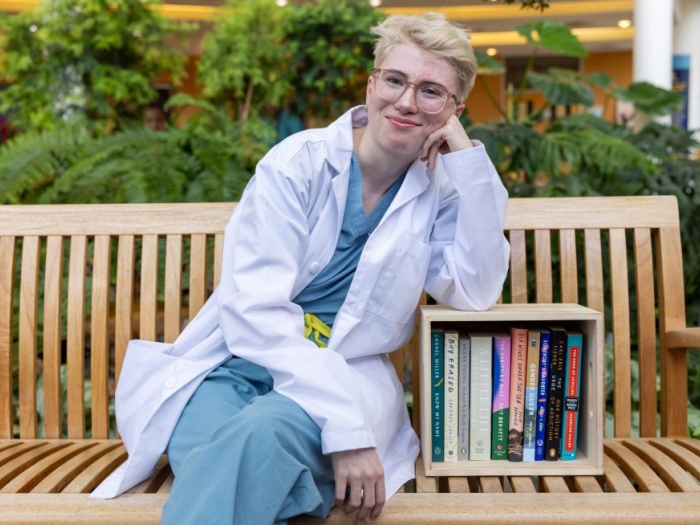
Medical School News
Known as the Health Equity Literature Archive, Chelsea Fisk’s goal was to cultivate empathy and understanding for people from different backgrounds and diverse identities by providing employees with access to diverse literature. The innovative pilot led by clinical researcher Chelsea Fisk served as a form of DEI education that was free to use, self-paced and barrier-free.
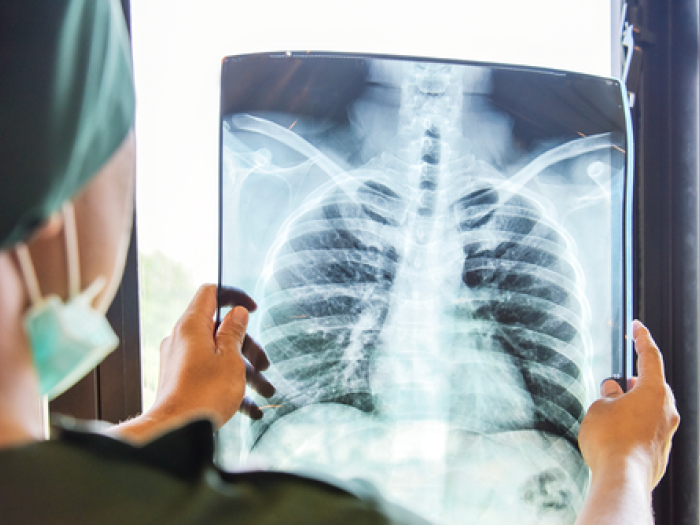
News Release
Through a $4.17M NIH grant, a team of biomedical engineers, medical clinicians and data scientists from the Max Harry Weil Institute for Critical Care Research and Innovation is collaboratively researching ways to develop a portable, non-invasive breathalyzer-type device and corresponding algorithm to quickly and accurately diagnose acute respiratory distress syndrome (ARDS).
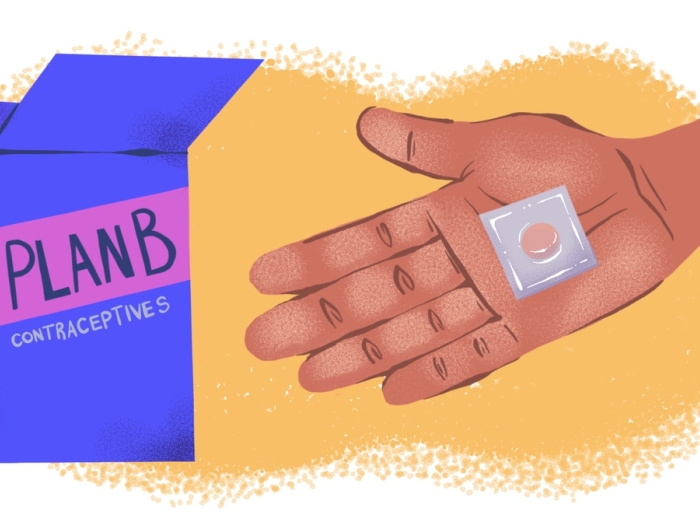
Health Lab
After federal approval for over the counter emergency contraception in 2006, emergency departments across the U.S. saw dramatic decreases in related visits.
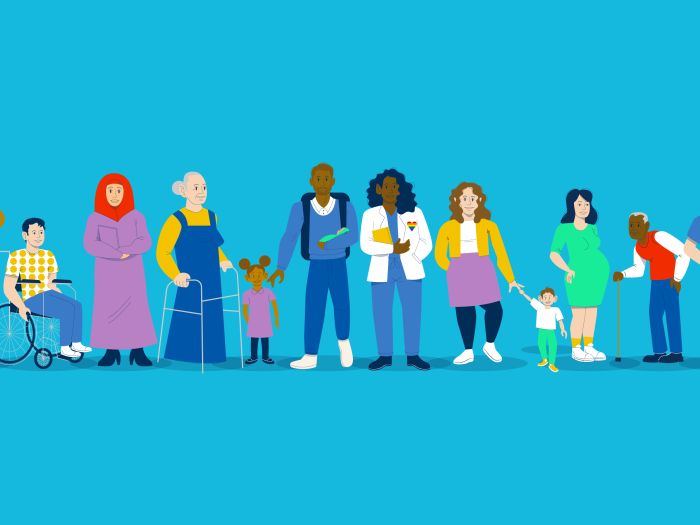
Health Lab
The Healthcare Equity Consult Service addresses the concern of bias and discriminations in health care access, delivery, and experience for University of Michigan-Health.

Health Lab
Post-traumatic stress worse among Mexican American caregivers compared to white caregivers.

Health Lab
Experience gave him a new appreciation for interprofessional patient care
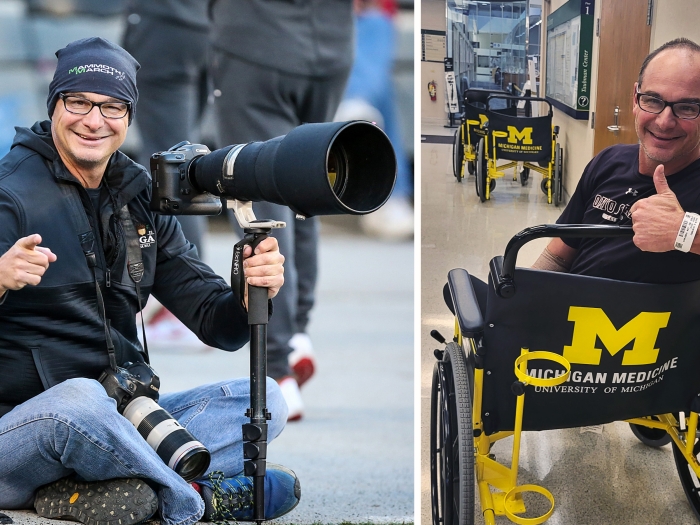
Health Lab
An Ohio-based sports photographer is recovering safely at home — and feeling somewhat victorious, despite the Buckeye loss — after having a heart attack at the conclusion of the Michigan-Ohio game.
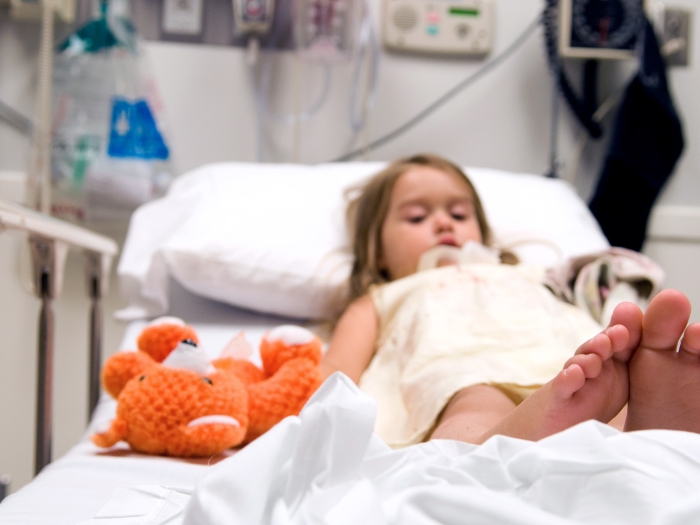
Health Lab
Focusing on the ‘tripledemic’ of RSV, flu and COVID-19 infections that occurred last year, their results underscore the importance of all types of hospital emergency departments being prepared to care for sick children, especially when health systems become strained.
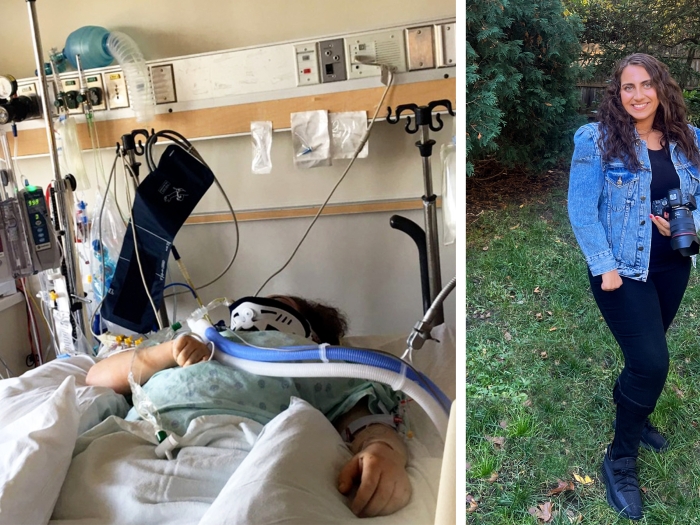
Health Lab
A car accident at age 20 left Sahar Mashhour in the intensive care unit for three months. Almost six years later, Mashhour is still pursuing her passions proving that her disability doesn’t limit her ability, but instead helps her see life through a different lens.
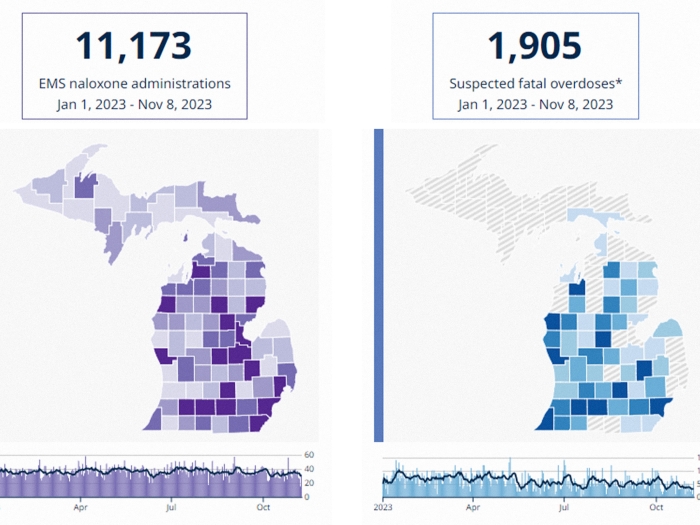
Health Lab
To improve coordinated community response to opioid overdoses, University of Michigan researchers are placing near-real time data in the hands of public health and safety officers. The Michigan System for Opioid Overdose Surveillance, was created in 2016 in response to the opioid crisis through a partnership between the University of Michigan Injury Prevention Center and the Michigan High Intensity Drug Trafficking Areas.

Health Lab
Research published from experts at Michigan Medicine, the University of Pittsburgh School of Medicine, and UPMC Children’s Hospital of Pittsburgh shows that children in daycare centers were not significant spreaders of COVID-19